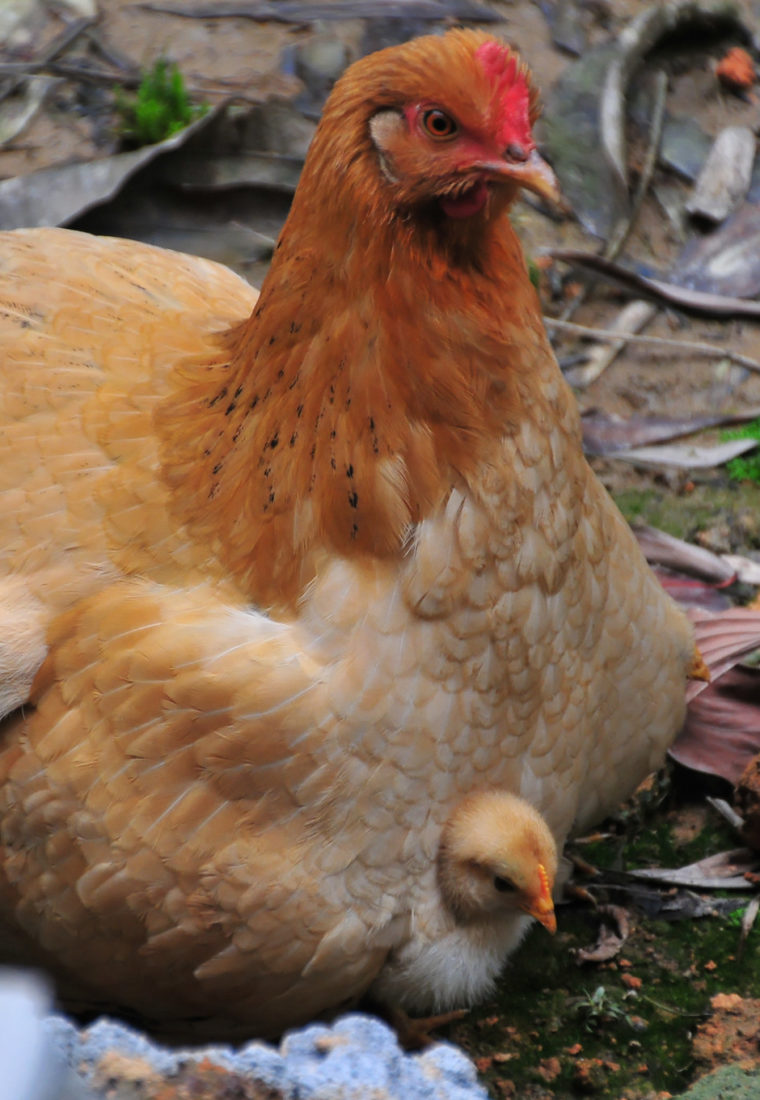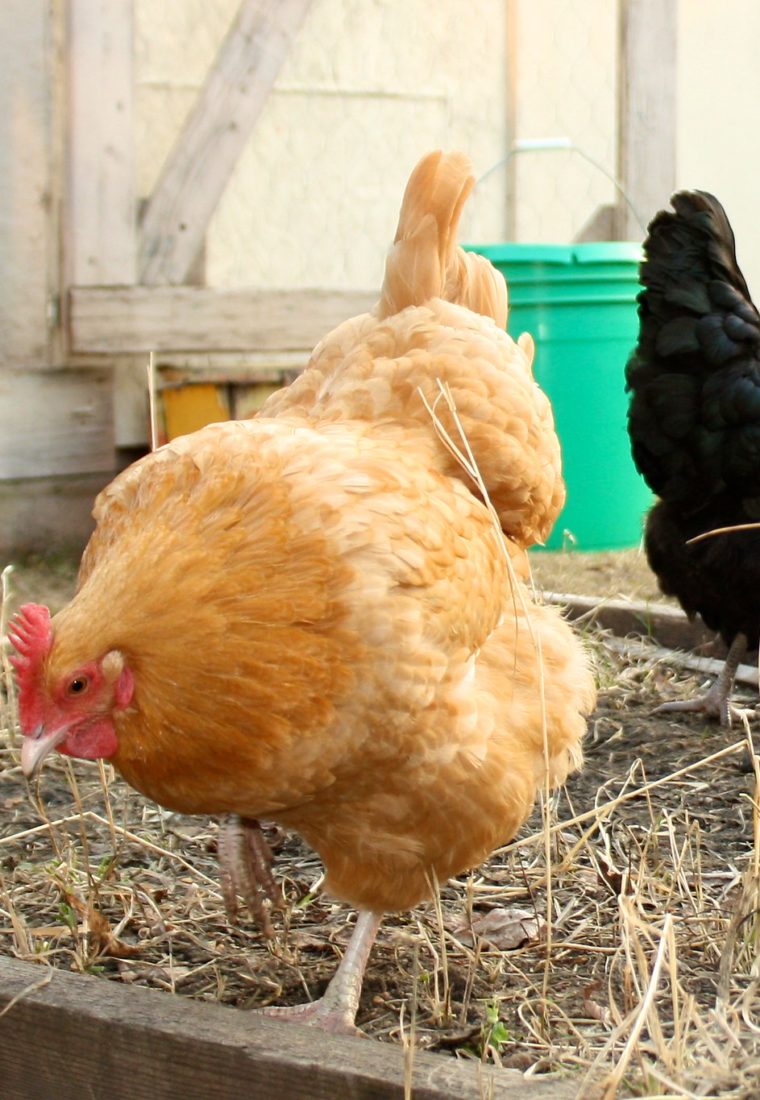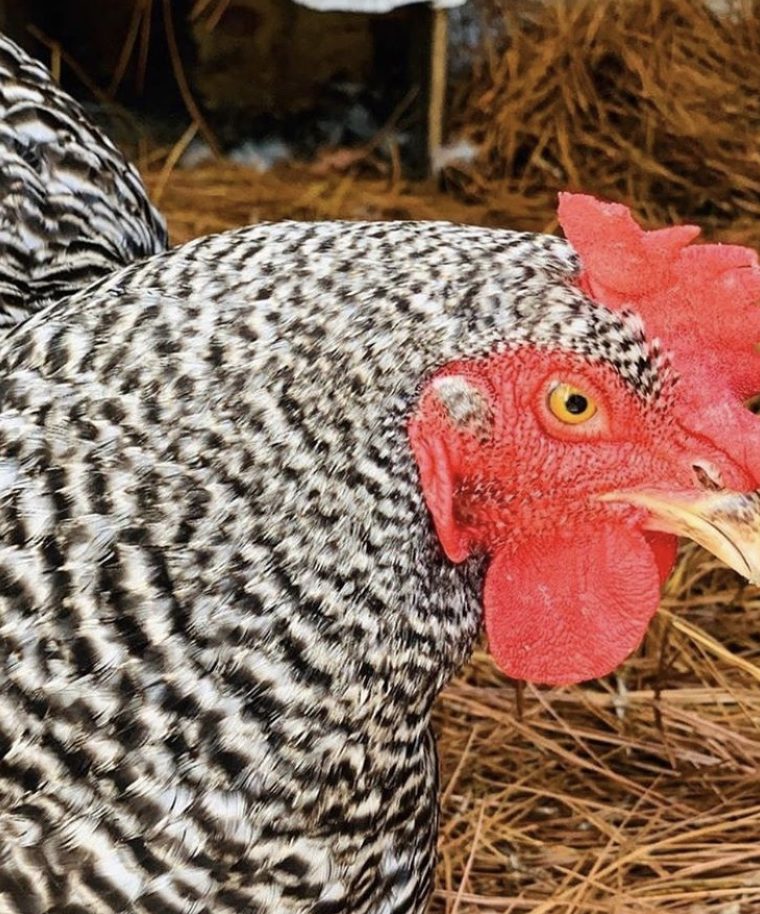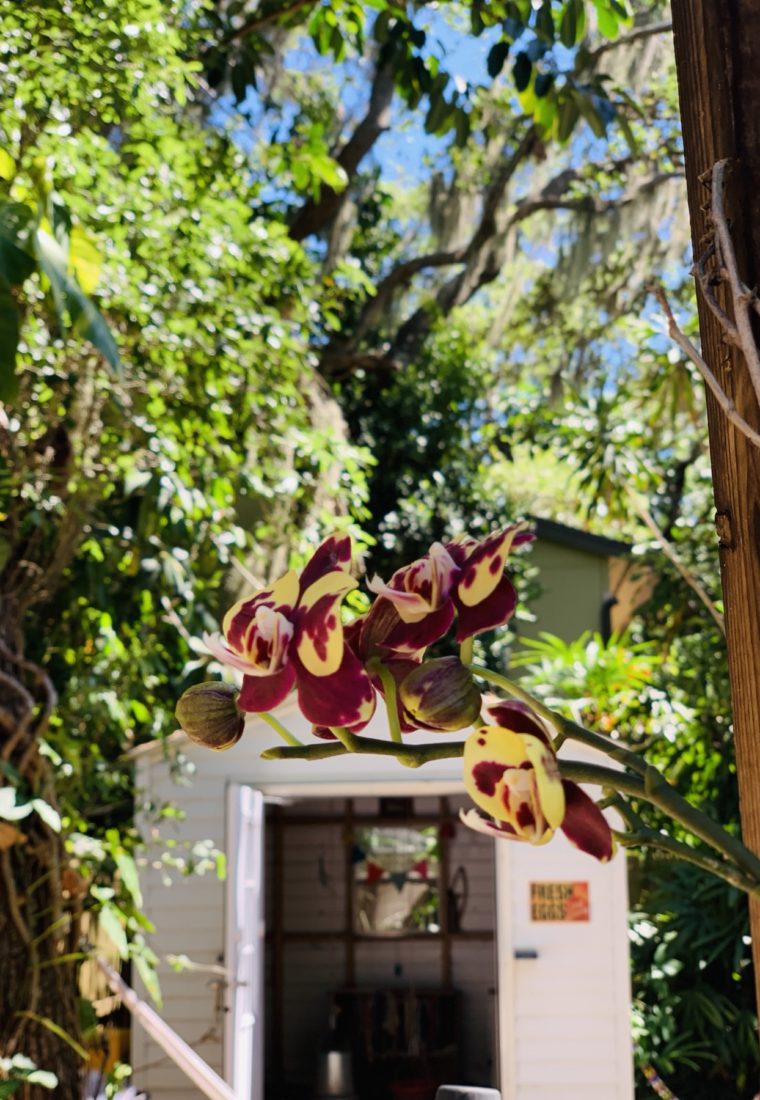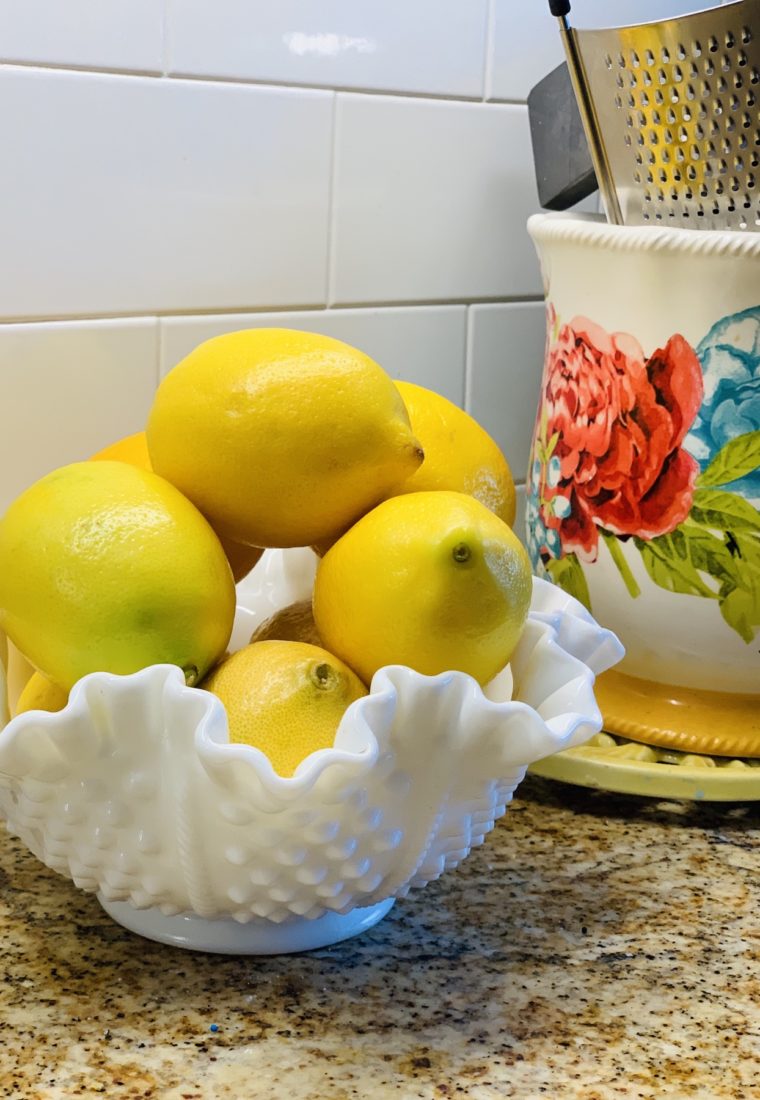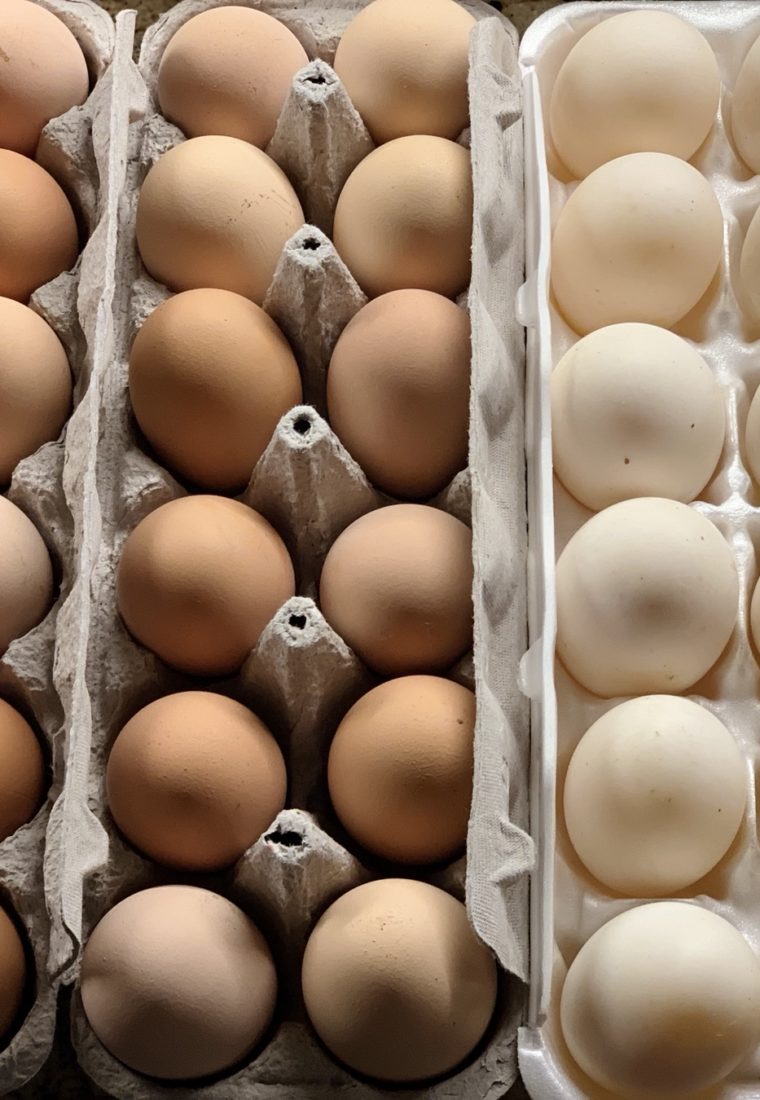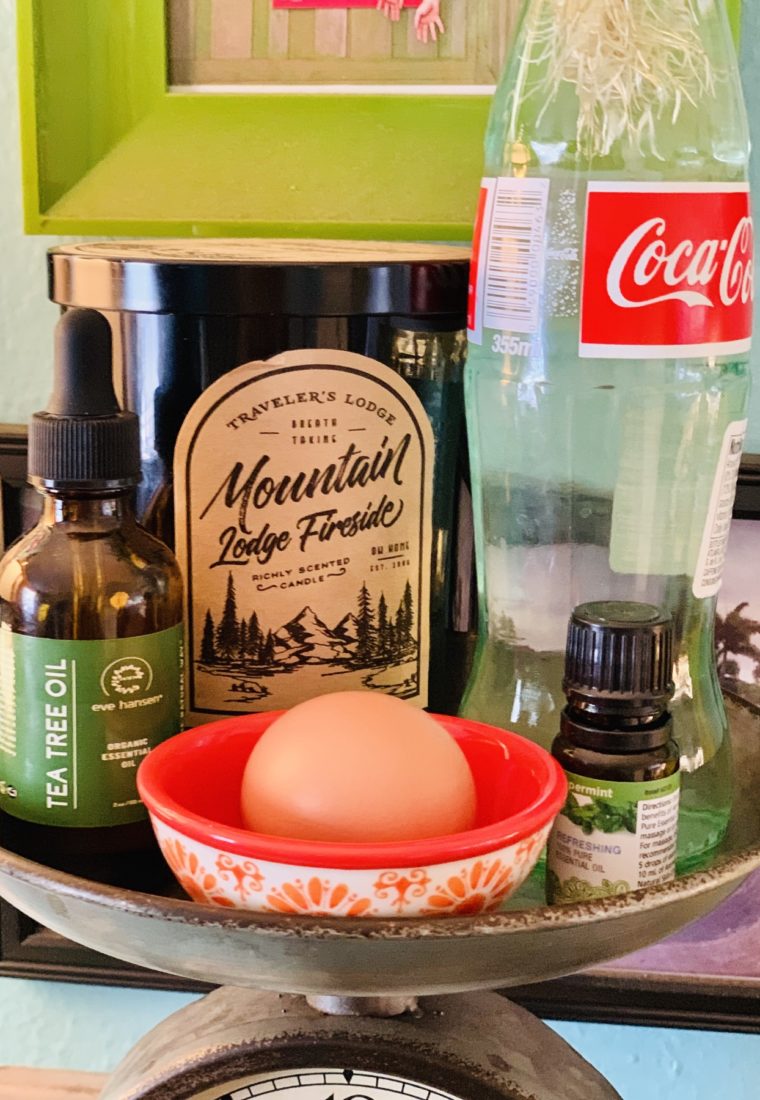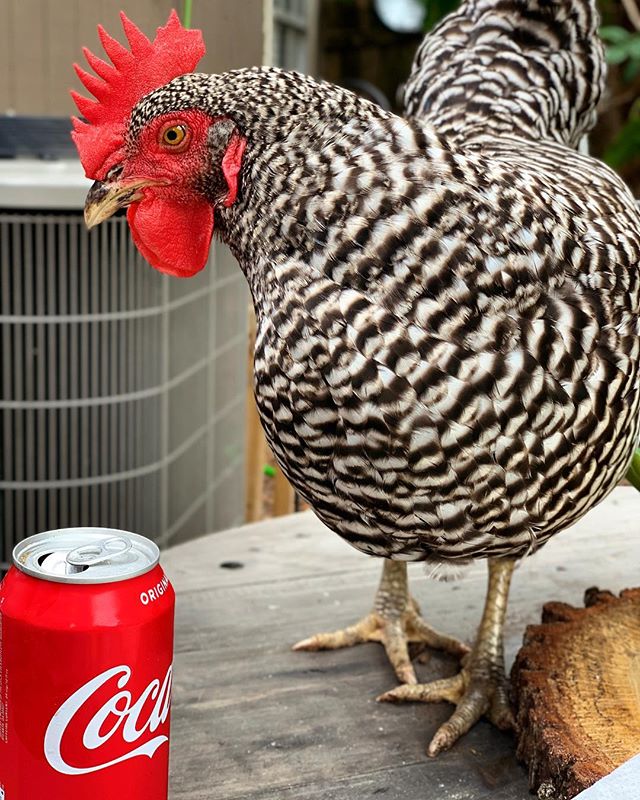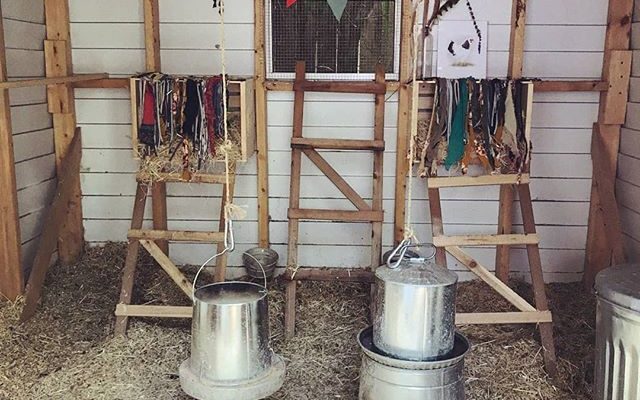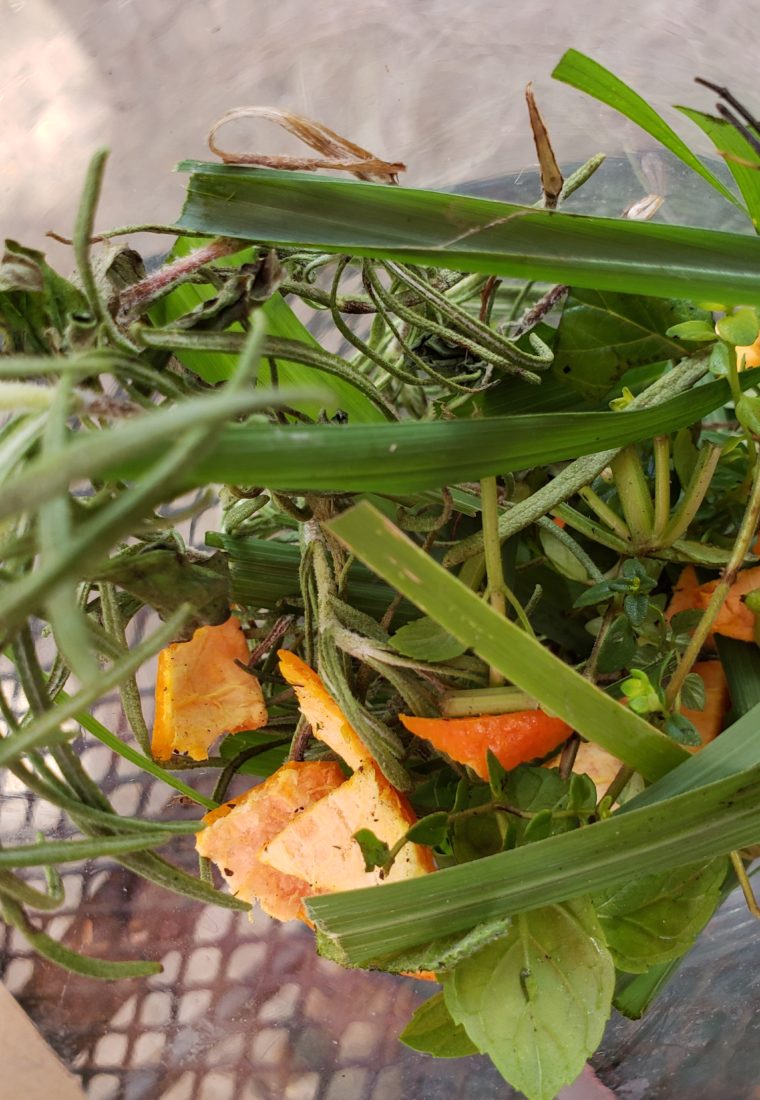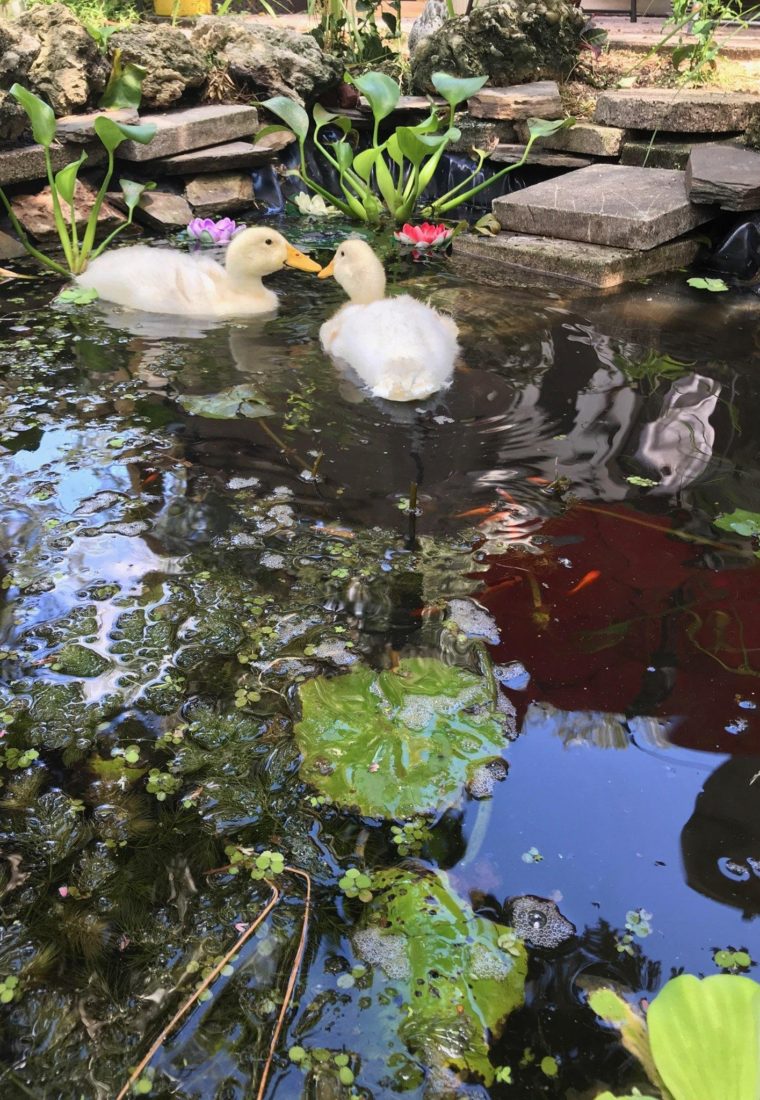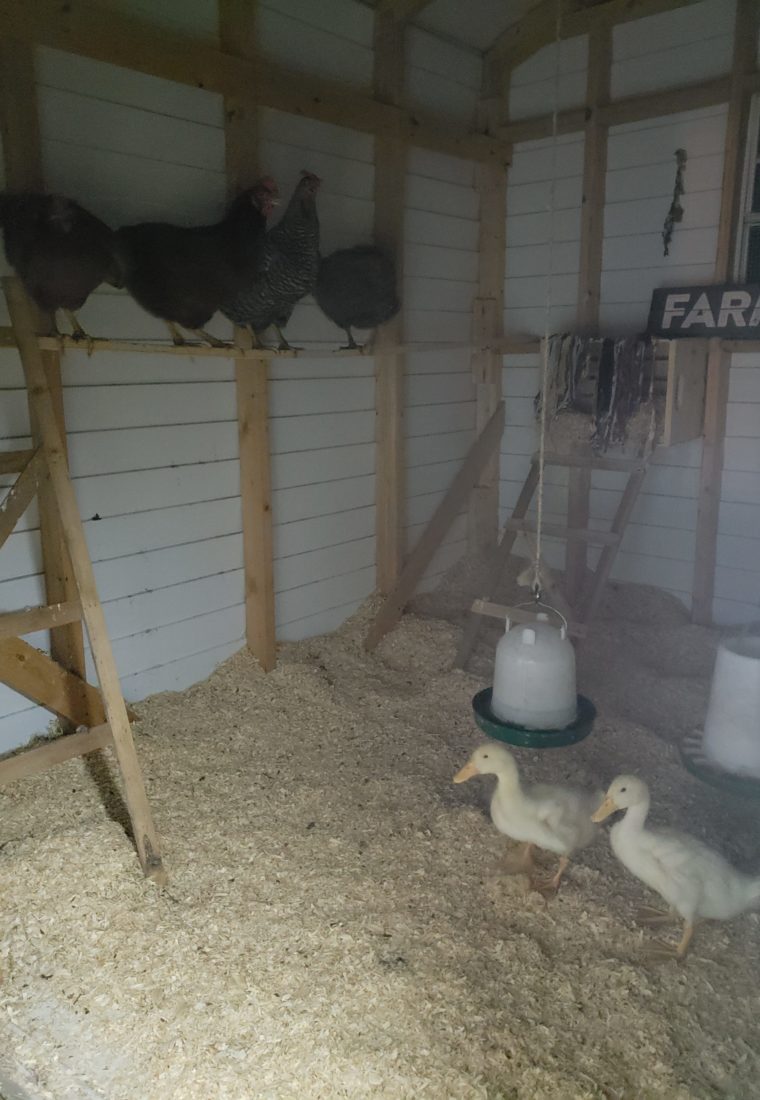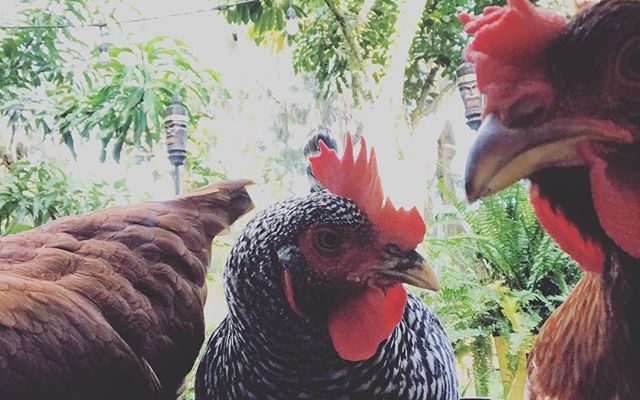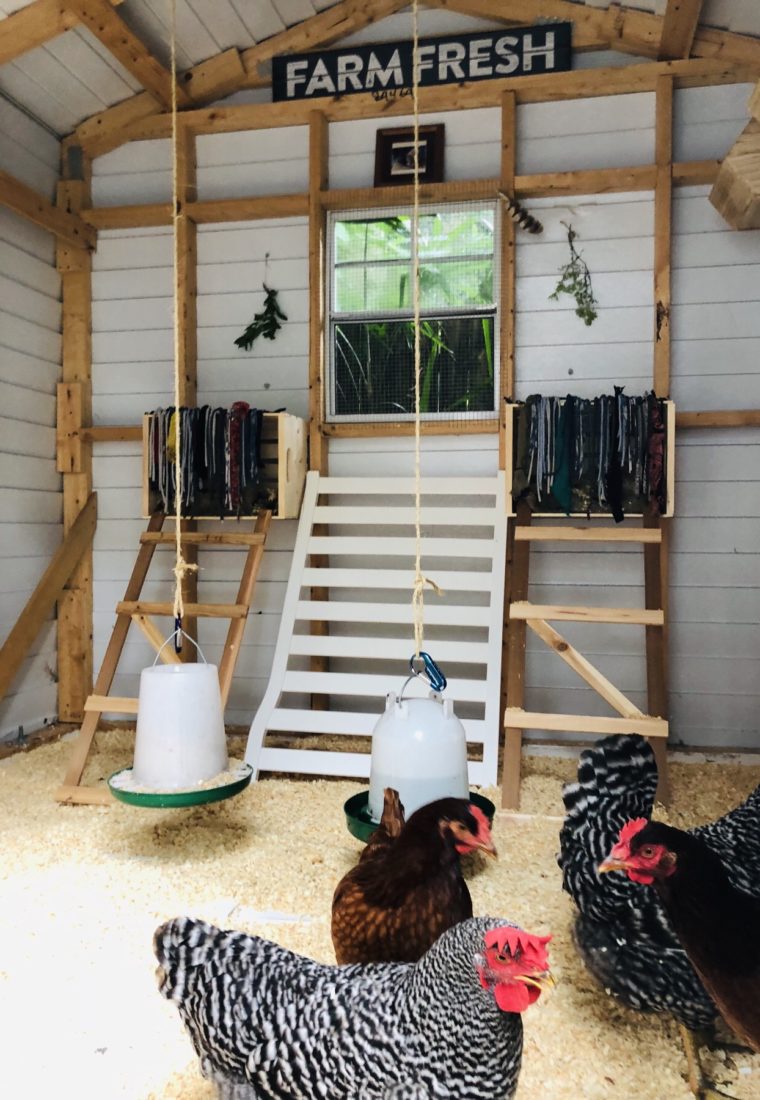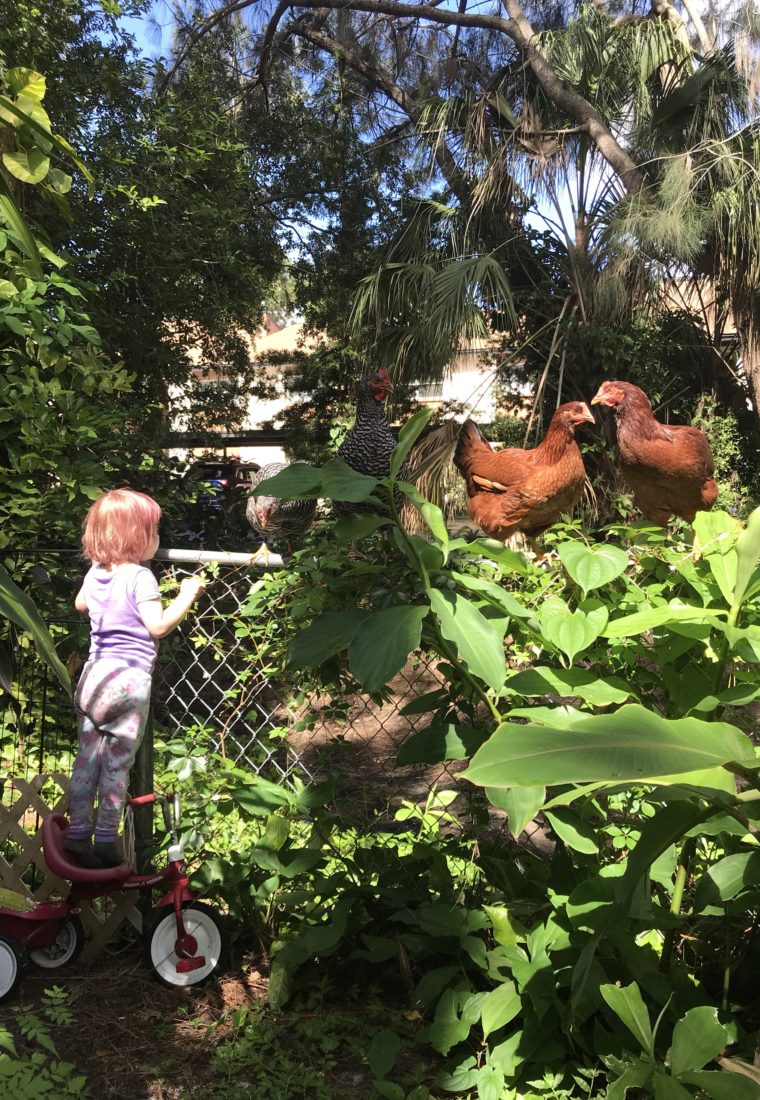Actionable Tips for Dealing with a Broody Hen
A hen’s natural instinct is to hatch chicks. Accordingly, you will probably encounter a broody hen at some point. When this happens, she will stop laying and may even become territorial. Learn how to stop a broody hen so that you can continue to gather eggs. Here are some actionable tips for dealing with a broody hen.
1. Remove Her from the Nest
A broody hen must be separated from her eggs. One way to do this is to physically pick her up and move her. Keep in mind that broody hens are often very territorial and may, therefore, bite or peck. As such, you should use caution when removing a hen from her nest, including wearing gloves and long sleeves.
A hen’s first instincts will be to return to her nest. This means you may need to remove her several times before she finally gets the idea. Avoid letting her sit on the nest again if possible. The more she sits, the more difficult it will be to break the brooding behavior.
2. Block Access to the Nest
Broody hens will leave their nests only to eat and poop. Normally, they will venture from the nest only once each day to do these things. So an alternative is to wait until the hen leaves and then block off her access to the nest.
Nail a board over the entrance to the nesting box. Remove all the straw so that it no longer resembles a nest. This should be enough to discourage your hen from brooding.
3. Encourage her to Roost
Whenever possible, time the hen’s removal until evening. Once the other chickens have started roosting, place her with them. Odds are that she will not feel comfortable returning to her nest in the dark. However, she may come back the next morning. In that case, you will need to physically remove her again.
4. Use a Wire Cage
Place your hen inside a wire cage that also has a wire bottom. A dog crate will work, provided you remove the bottom and replace it with chicken wire. Ensure the cage is just big enough for your chicken to turn around in. Sit it on wooden or concrete blocks. This will elevate the cage and keep it clean whenever your hen poops.
The only thing inside the cage should be one bowl for food and another for water. Do not place any bedding inside the cage, as it will only encourage brooding behavior. Ensure the cage is in a well-lit area. Sunlight can provide a rather calming effect that may also help eliminate broodiness.
Keep her inside the cage for around three days or so. After releasing her, watch to see if she attempts to get back on her nest again. If so, you will need to repeat the caging for another day or so.
5. Wait it Out
In most cases, brooding behavior will only last around 21 days. So another alternative is to just wait it out. This may be fine if you are not worried about your hen not laying during that time.
Brooding behavior is sometimes contagious. This means that other chickens may begin brooding if they notice one hen doing so. In that case, you may encounter a vicious cycle of brooding. Keep this in mind before deciding that you will just wait for things to run their course.
6. Take Action to Deal with a Broody Hen
Having a broody hen can be frustrating. However, if you know how to stop a broody hen then you will not be caught off guard by it. Keep this information in mind so that you can take action if you notice one of your hens becoming broody.
